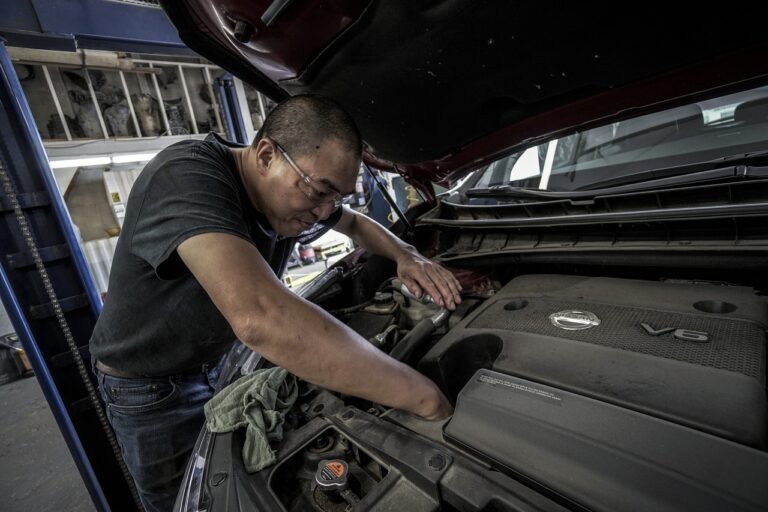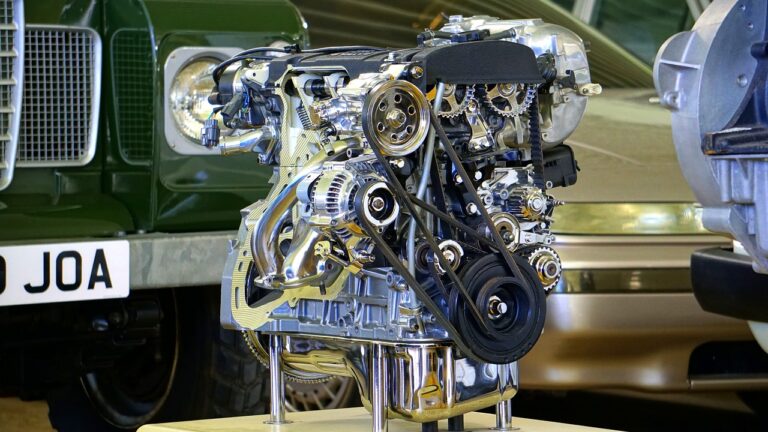The Future of Autonomous Logistics in Car Manufacturing
Automobile manufacturers have made significant strides in incorporating autonomous vehicles into their production processes. These innovative machines are transforming the way cars are built, providing increased efficiency and precision in manufacturing. With the ability to perform repetitive tasks with accuracy and speed, autonomous vehicles have proven to streamline production lines, ultimately leading to a reduction in manufacturing costs for car companies.
One of the key advantages of autonomous vehicles in car manufacturing is the improved safety and reliability they offer. By reducing the reliance on human labor for intricate tasks, the risk of human error is minimized, ensuring a consistent and high-quality output in the production of vehicles. Additionally, autonomous vehicles can work tirelessly around the clock, increasing productivity and meeting tight production deadlines without compromising on the quality of the cars being manufactured.
Advantages of Autonomous Logistics
Autonomous logistics systems offer numerous benefits to businesses operating in the modern era. One key advantage is the ability to enhance overall operational efficiency. By utilizing autonomous technology such as self-driving vehicles and automated warehouse systems, companies can streamline their supply chain processes and reduce the likelihood of human error.
Moreover, autonomous logistics can significantly cut down on costs associated with traditional manual labor. The implementation of automated systems can lead to savings in labor expenses, as well as increased productivity due to the constant and reliable functioning of autonomous vehicles and machinery. This not only improves the bottom line for businesses but also allows for a more consistent and reliable supply chain operation.
Challenges in Implementing Autonomous Logistics
Implementing autonomous logistics poses various challenges for companies involved in the transportation and distribution sectors. One significant obstacle is the high initial investment required to adopt this technology. The costs associated with upgrading infrastructure, purchasing autonomous vehicles, and implementing the necessary software systems can be a significant deterrent for many organizations looking to transition to autonomous logistics.
In addition to the costs involved, another challenge is the need for stringent regulations and standards to govern the operation of autonomous logistics systems. As these technologies continue to evolve rapidly, policymakers and regulatory bodies struggle to keep up with ensuring the safety and efficiency of autonomous logistics operations. The lack of clear guidelines and regulations can create ambiguity and hesitation among companies looking to embrace this technology.
What are some of the advantages of implementing autonomous logistics in car manufacturing?
Some advantages include increased efficiency, reduced human error, lower operational costs, and improved safety.
What are some of the challenges in implementing autonomous logistics?
Challenges include high initial investment costs, regulatory concerns, technological limitations, and potential job displacement.
How do autonomous vehicles play a role in car manufacturing logistics?
Autonomous vehicles can be used to transport parts and materials within the manufacturing facility, optimize routes, and improve overall efficiency in the supply chain.
How can companies overcome the challenges in implementing autonomous logistics?
Companies can overcome challenges by conducting thorough research, investing in training and development, collaborating with regulators, and gradually phasing in autonomous solutions.
What are some potential risks associated with autonomous logistics in car manufacturing?
Potential risks include cybersecurity threats, system malfunctions, ethical concerns, and resistance from employees who may fear job loss.







